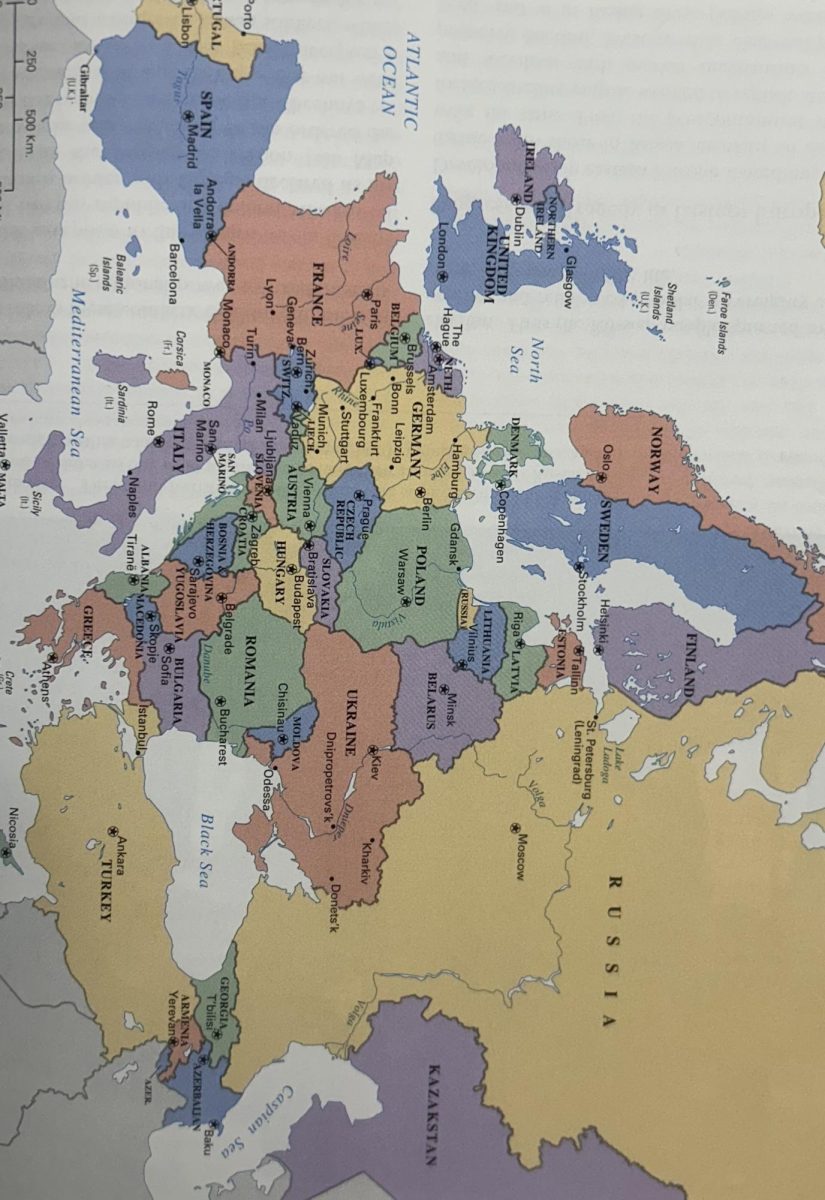On Sunday, September 27th, French Minister for Sport, Amélie Oudéa-Castéra, released a statement declaring that French athletes would not be allowed to wear a hijab at the 2024 Summer Olympics, which will be held in Paris.
This announcement has caught the attention of multiple United Nations officials, all with vastly differing opinions. Some defend France in ‘taking a stand’ against the deemed ‘unsupportable’ values upheld by Muslim culture. Others criticize the extremely ‘islamophobic’ action taken by France.
The announcement, although shocking to many, did not come as a surprise as France has previously passed laws prohibiting the use of other garments worn by Muslim women. In 2010, the French Senate banned all clothing that would “cover one’s entire face”. With political tensions rising at the time, it is clear that this wording specifically targeted the use of both the Burqa and Niqab, traditional Islamic garments for women that cover the face. Those who do not obey this law could be met with fines or even jail time.
The French world of sports has previously seen similar bans as well, with Hijabs specifically banned for female soccer players in the French Football Federation (FFF). In fact, this decision was recently put to the test as critics challenged the ban with judicial review in June, 2023. The Council of State decided in ruling that “the ban enacted by the FFF is suitable and proportionate”, re-emphasizing France’s stance on the matter.
The recent announcement from the Minister of Sport does not impose any new rules for athletes of France. It will, however, invoke some awkwardness at the games, as many attending countries have strong Muslim influences. This means there will be multiple Muslim athletes participating in the games alongside other athletes who openly oppose their religious values.
All of the commotion is caused by the French disagreeing social standards set upon women regarding restrictions of clothing. In muslim culture, modesty is viewed as a principal virtue for muslim women to lead their lives by. To uphold this reputation, muslim women must never reveal their hair to people other than their husbands, and very little skin can be shown. French officials view this as a violation of civil rights, and in turn, express their disaproval with laws banning these practices.
The declaration from Castéra stands at the moment, but its controversy will most likely warrant further consideration on the matter.






